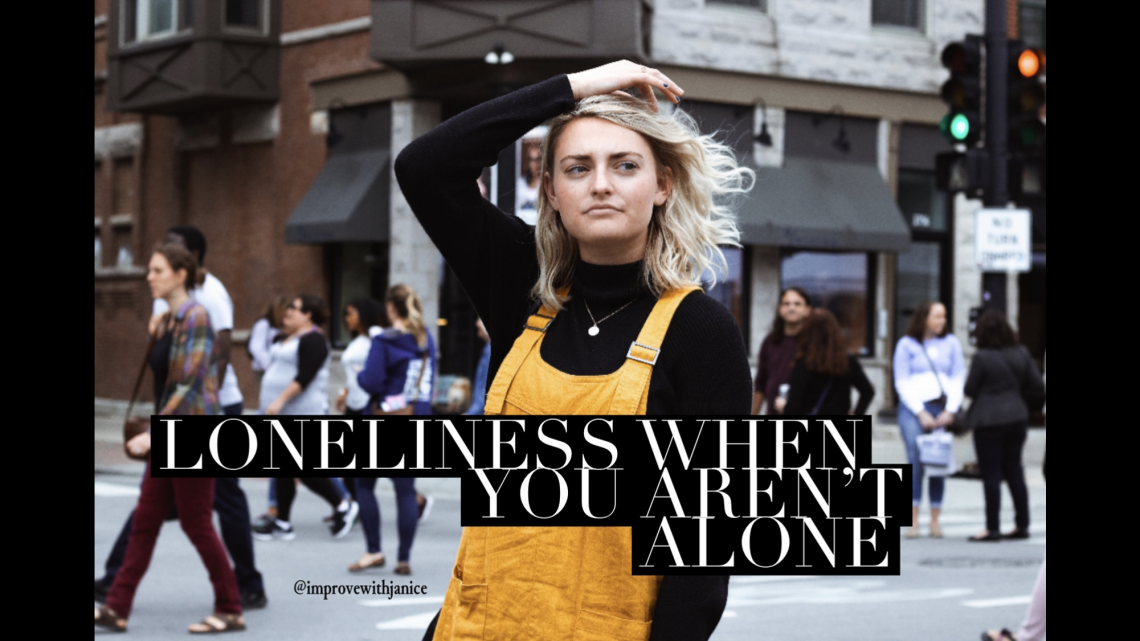
It is second nature to take attendance when planning upcoming occasions. Who can join for the holidays? Who will attend the wedding? Who RSVP’d to the birthday party? Attendance can very likely be the difference between feeling loved and feeling lonely. The picture of loneliness is well accepted: someone is sitting in a room alone and feeling forgotten or overlooked. But what if you feel lonely when you aren’t alone? This is likely a disconnect.
Why does being lonely matter?
Scientific research has looked at the impact of loneliness and found some unfortunate facts. Loneliness is likely to increase your risk of death by 26% (Holt-Lunstad, 2015). There is increased risk for high blood pressure, and based on research it is worse for you than obesity. Loneliness paired with social isolation is even more damning with increased risk of developing coronary heart disease and stroke as well as greater risk of cognitive decline and dementia. There is a great summary of these findings and further resources such as this at the UK-based website Campaign To End Loneliness.
Have you felt alone while in the company of others? Felt like there is no one to talk to in a crowded room? What about talking to plenty of people, but feeling alone because no one seems understands you? Perhaps you’re in a room full of talkative, understanding people, but you don’t feel comfortable being there for other personal reasons (depression can top this lengthy list). These are some situations when loneliness can exist in the presence of others.
While many recognize loneliness around major holidays, consider its presence in regular moments. Despite having a vast social network and full social calendar, loneliness can prevail when looking to share a deeper bond that is absent in other relationships. Based on the impact that loneliness can have on lifespan, it’s important to recognize and combat loneliness whether it is facing your own or helping others with theirs. For tailored ways to address loneliness, consider an ally in life coaching.
